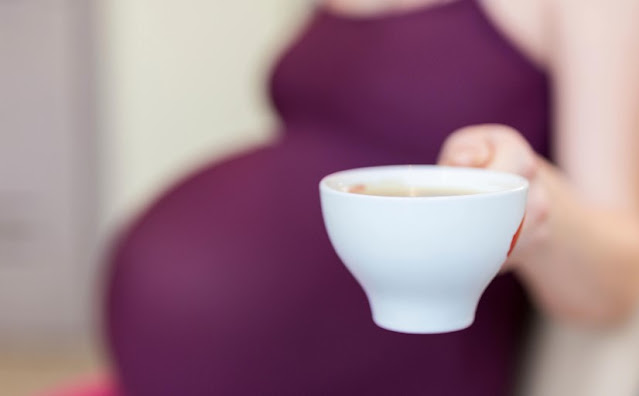The scientists revealed that the stimulant found in coffee caffeine can damage the transport of eggs from the ovary to the uterus, thus disrupting the fertilization process and make difficult for pregnant women.
A previous study has shown that eating too much coffee can affect female fertility. The study, involving 9000 Dutch women found that consuming more than 4 cups of coffee a day can reduce the possibility of pregnancy by about 25 percent.
While in this latest study the researchers managed to find its cause, namely stimulants or caffeine will inhibit contraction of the oviduct are necessary to bring the egg to the uterus. These stimulants deactivate the pacemaker cells that are specialized in the tube wall.
These cells function to coordinate a wave of the tube to contract and move the egg toward the uterus, but as a result, these stimulants make these cells not active.
This study shows that contraction plays a greater role in the transport of the ovum to the uterus, whereas previously this was not thought of by scientists.
“These findings further explain why drinking caffeinated beverages may reduce the chance of a woman becoming pregnant,” said study chairman Professor Sean Ward, from the University of Nevada.
Prof Ward said the results of this study provide an interesting explanation of why women who love to eat coffee take longer to become pregnant than women who did not consume caffeine.
These findings have been published in the British Journal of Pharmacology. For that women who are undergoing a program to conceive should avoid or reduce their intake of caffeinated beverages such as coffee.

